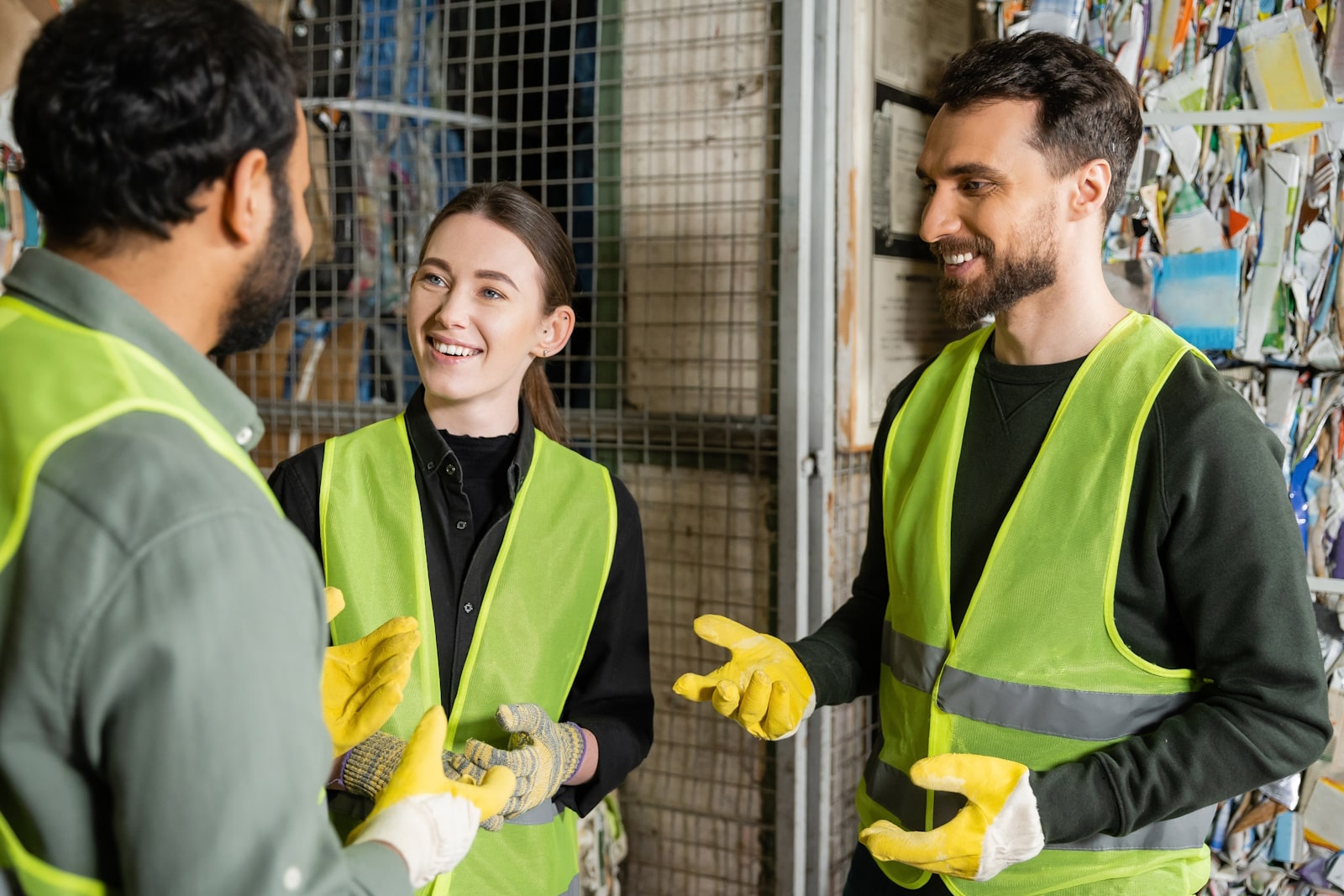Waste Management Courses in South Africa: Are They Effective?
In an era where sustainability is a business imperative, effective waste management has never been more critical. For companies investing in waste management courses in South Africa, understanding the effectiveness of their training programs is essential to ensure they achieve desired outcomes. A robust evaluation framework not only demonstrates the value of training but also helps organisations identify areas for improvement. Here’s a comprehensive guide to assessing the effectiveness of your waste management training programs.
Setting Clear Objectives
Before diving into evaluation methods, it’s vital to establish clear objectives for your waste management training. What specific outcomes do you hope to achieve? Whether it’s improving recycling rates, reducing waste generation, or enhancing employee engagement in sustainability practices, defining these goals will guide your evaluation process. Having measurable objectives allows for a more focused approach to assessing training effectiveness.
Key Performance Indicators (KPIs)
Identifying Key Performance Indicators (KPIs) is crucial for measuring the success of your training program. Here are some KPIs to consider:
- Waste Reduction Rates: Track the amount of waste generated before and after training to gauge effectiveness.
- Recycling Rates: Monitor changes in recycling behaviours to assess how well employees are applying their training.
- Employee Engagement Levels: Evaluate employee participation in sustainability initiatives and their willingness to adopt new practices.
- Cost Savings: Measure any financial savings resulting from improved waste management processes, such as reduced disposal costs.
A-Thermal can assist you in determining the most relevant KPIs for your organisation’s specific needs, ensuring you have the right metrics in place.
Pre- and Post-Training Assessments
Conducting assessments before and after the training is an effective way to measure knowledge retention and behavioural changes. Pre-training assessments can establish a baseline understanding of waste management practices among employees, while post-training evaluations can highlight improvements.
Consider using various assessment methods, such as quizzes, surveys, or practical evaluations, to gauge knowledge acquisition. This data will provide valuable insights into the training’s impact and areas that may require further attention.
Feedback Mechanisms
Incorporating feedback mechanisms into your training program can provide real-time insights into its effectiveness. Collecting feedback from participants immediately after the training can help identify strengths and weaknesses in the curriculum. Surveys can ask questions about the clarity of the content, the relevance of the training, and the confidence employees feel in applying what they’ve learned.
Encouraging ongoing feedback after the training will also help track the application of new skills and knowledge in the workplace. A-Thermal’s expertise in designing effective feedback surveys can enhance this aspect of your evaluation process.
Longitudinal Studies
To fully understand the long-term impact of waste management training, consider implementing longitudinal studies. These studies involve evaluating waste management practices over an extended period, allowing you to observe sustained behaviour changes and improvements.
Tracking KPIs over time will reveal trends that can help refine future training programs. A-Thermal can provide support in developing and implementing these longitudinal studies to ensure you gather meaningful data.
Continuous Improvement
Evaluating the effectiveness of waste management training isn’t a one-time event; it should be an ongoing process. Use the insights gathered from your assessments, feedback, and longitudinal studies to make data-driven decisions for future training initiatives. Continuously refining your waste management training programs will help your organisation stay ahead of industry standards and regulatory requirements.
Partnering with A-Thermal
A-Thermal is committed to helping businesses navigate the complexities of waste management training. Our team of experts can assist in developing tailored evaluation frameworks that align with your specific goals. By partnering with us, you can ensure that your waste management courses in South Africa deliver measurable results, enhancing both your operational efficiency and sustainability efforts.As sustainability becomes increasingly important for businesses, the effectiveness of waste management training programs must be assessed thoroughly. By implementing a structured evaluation framework with clear objectives, relevant KPIs, and continuous feedback, companies can track improvements and make informed decisions about future training initiatives.
With A-Thermal as your partner, you can ensure your waste management training not only meets but exceeds your expectations, driving positive change within your organisation. Contact us today to learn more about how we can assist you in maximising your waste management efforts!







